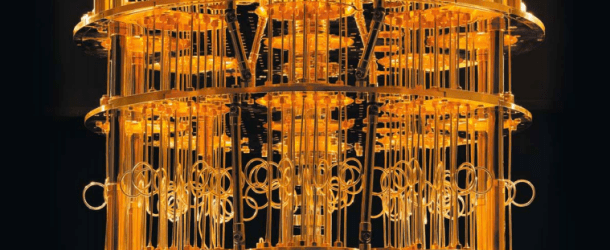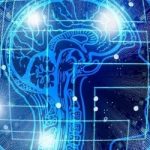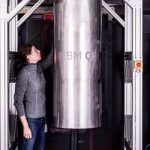Quantum Computing for the Curious

(CosmosMagazine) Tiny quantum objects such as electrons, or photons of light break the strict rules of logic. Quantum computing is the idea that we can use this quantum rule-breaking to process information in a new way—one that’s totally different from how regular computers work. A quantum computer is not just a “faster” computer. They will probably be most useful for government agencies, research and development companies and universities in solving problems that current computers struggle with.
The uses of quantum computing are unpredictable. Consider that in 1943, Thomas Watson, the president of IBM said, “I think there is a world market for maybe five computers.” Now there are five in every household.
If precedent is any guide, we’ve yet to imagine what the uses of quantum computers will be. Quantum computers could be fantastic at recognizing patterns in data – useful for machine learning problems, such as being able to identify different objects in an image. They could be great at building models to predict the future, such as in long-term weather forecasting. They will probably be most useful for government agencies, research and development companies and universities in solving problems that current computers struggle with.
Quantum computing relies on quantum bits, or “qubits”, which can also represent a 0 or a 1. Qubits can also achieve a mixed state, called a “superposition” where they are both 1 and 0 at the same time. The ability to both “be” and “not be” – is key to the power of quantum computing. Superposition allows the quantum computer to try all the paths at once – in essence, finding the shortcut.



















